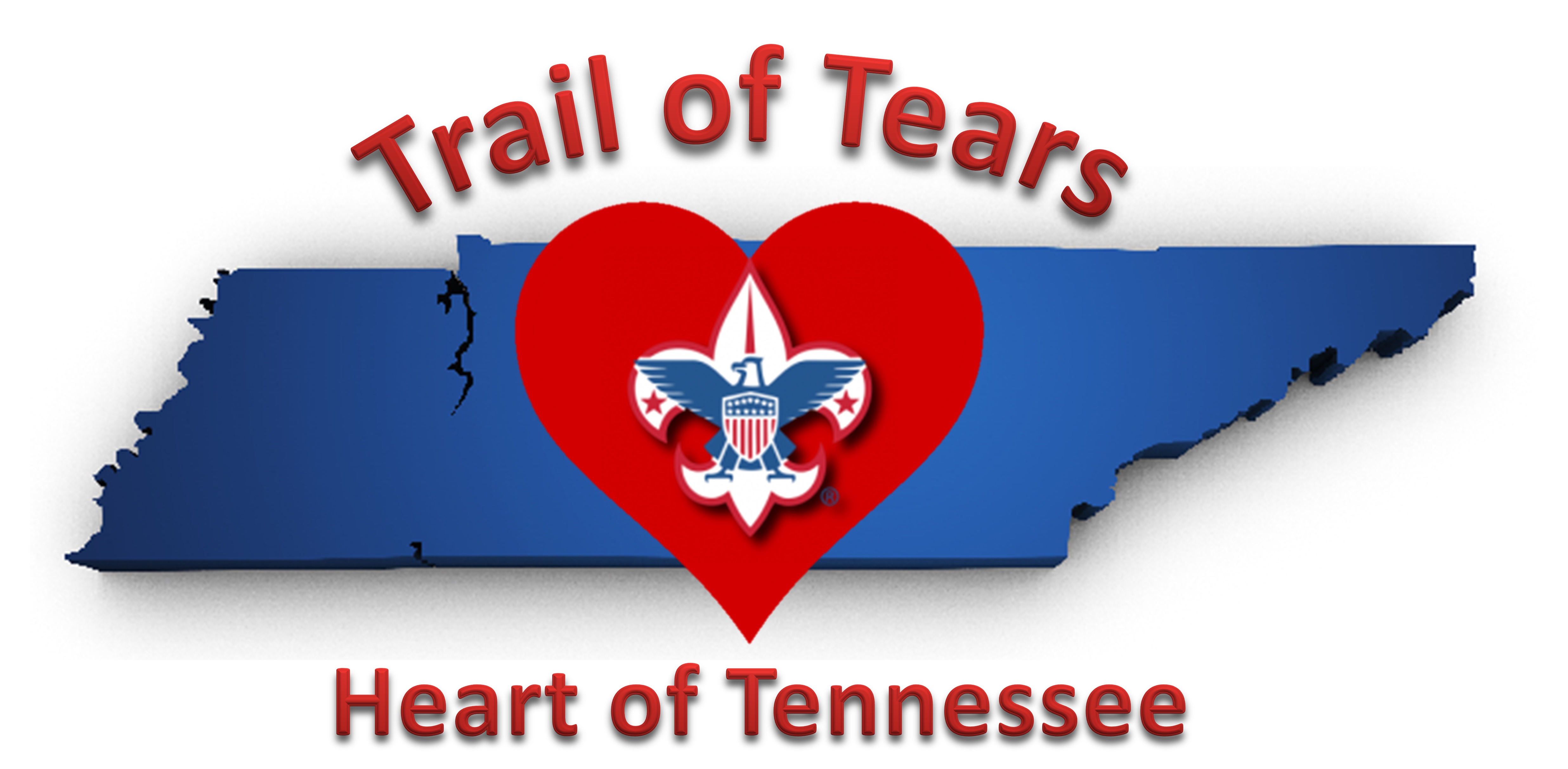
For fans of Scouting, it was the ultimate cliffhanger.
The action-packed Amazon Prime show World’s Toughest Race: Eco-Challenge Fiji ended its 10 episodes without revealing the fate of Team Eagle Scouts, the impressive group of young BSA alumni we profiled in a post published the day the show was released.
That led many Scouters, like a Bryan on Scouting reader named Peter, to comment with a question: How did Team Eagle Scouts do?
Peter watched much of the Bear Grylls-hosted show with his daughter, a Bear Scout who “wants to compete in an adventure race when she grows up.”
”I have to say that I enjoyed the race, and the program was well produced, but I’m frustrated that … we never learn whether they completed the race,” Peter writes. “Although I enjoyed watching it, it is tremendously frustrating not to know the result.”
I hear you, Peter! The show definitely leaves viewers wanting more.
Bryan on Scouting was not given access to the episodes before they aired. With 66 teams racing across 416 miles of mountains, rivers, jungles and ocean, it was inevitable that some teams would get more screen time than others.
Even if every team received the exact same amount of screen time, that still wouldn’t be much. The 10 episodes total a combined 477 minutes of running time, which would equal about seven minutes per team.
But even though Team Eagle Scouts didn’t get much time on screen, their story of uniting under extreme conditions is no less inspiring. Especially when you know that Scouting helped them develop the skills and strength needed to overcome each of the obstacles seen on the show.
Yes, yes, sure. But did they finish the race?! We reached back out to Team Eagle Scouts to find out.
**Spoilers ahead.**

How Team Eagle Scouts finished in ‘World’s Toughest Race: Eco-Challenge Fiji’
Of the 66 teams that started the 11-day adventure, exactly two-thirds finished before the cutoff time.
Team Eagle Scouts finished 43rd of the 44 teams that finished, completing the journey just 90 minutes before the course closed.
Team New Zealand took first place, netting $100,000. Team Canada Adventure took second place and $50,000, and Team Gippsland Adventure of Australia took third and $25,000.
No team from the United States finished in the top 10; Team Eagle Scouts was one of just 11 U.S. teams to finish at all.
”It was intimidating, racing with some of the best teams in the world, especially knowing that the course had beaten some of them,” says Team Eagle Scouts captain Eric Lillstrom, an Eagle Scout, Vigil Honor member of the Order of the Arrow and former summer camp staffer. “I was ecstatic that we finished.”
Lillstrom says he and his teammates — Matt Moniz, Katie Hancock, Corey Mullins and Charley Walton — focused on competing against the course, not on battling other teams.
That’s something Scouting does: It helps you make a plan and focus on what’s important.
”The fact that we weren’t driven to compete with and beat other teams allowed us to go at a sustainable pace and not make any race-ending mistakes,” Lillstrom says. “Luckily, our pace was just fast enough to finish. We embodied the attitude of the proverbial tortoise and finished the World’s Toughest Race while so many faster teams did not.”

What you didn’t see on the show
I asked Lillstrom for a glimpse of what we can’t see when watching the show.
“I feel like the producers did a really good job of letting it be as dramatic as it was without needing to spin it,” he says. “This race was brutally long, and I think that comes through in the show. But it’s impossible to comprehend the level of exhaustion we felt. We were completely beat after Day 4 and had to continue going with very little sleep and perpetually wet shoes for seven more days.”
Hancock, a lifelong Venturer and recipient of the Summit Award, Venturing’s highest honor, agrees that the lack of sleep was “absolutely brutal.”
”I remember drifting off throughout different activities during the race,” she says. “Falling asleep while biking, paddling, even walking.”
That’s something else Scouting does: It gives you the strength to keep going and reminds you that you aren’t alone.
”Scouting gave us the leadership skills to conquer the course as a team,” Hancock says.
Lillstrom adds that, no matter how large of a set viewers might have, the sheer scale of the island doesn’t translate to television.
“Most people don’t know how big Fiji is,” he says. “The whole race distance was over 415 miles, longer than the state of Illinois or Wyoming. That’s farther than going from San Francisco to Los Angeles.”

Staying in touch
Though the show debuted in August 2020, the actual race was completed nearly a year ago — in September 2019.
And while the members of Team Eagle Scouts had to keep secrets about the show to themselves for 11 months, they have been keeping in touch with one another throughout.
That’s another thing Scouting does: It brings people together.
”We still text regularly. We share funny memes and random reminiscences from the race,” Lillstrom says. “All of the experiences we had during this race firmly set Charley, Katie, Corey and Matt in my ‘friends for life’ group.”
Powered by WPeMatico
